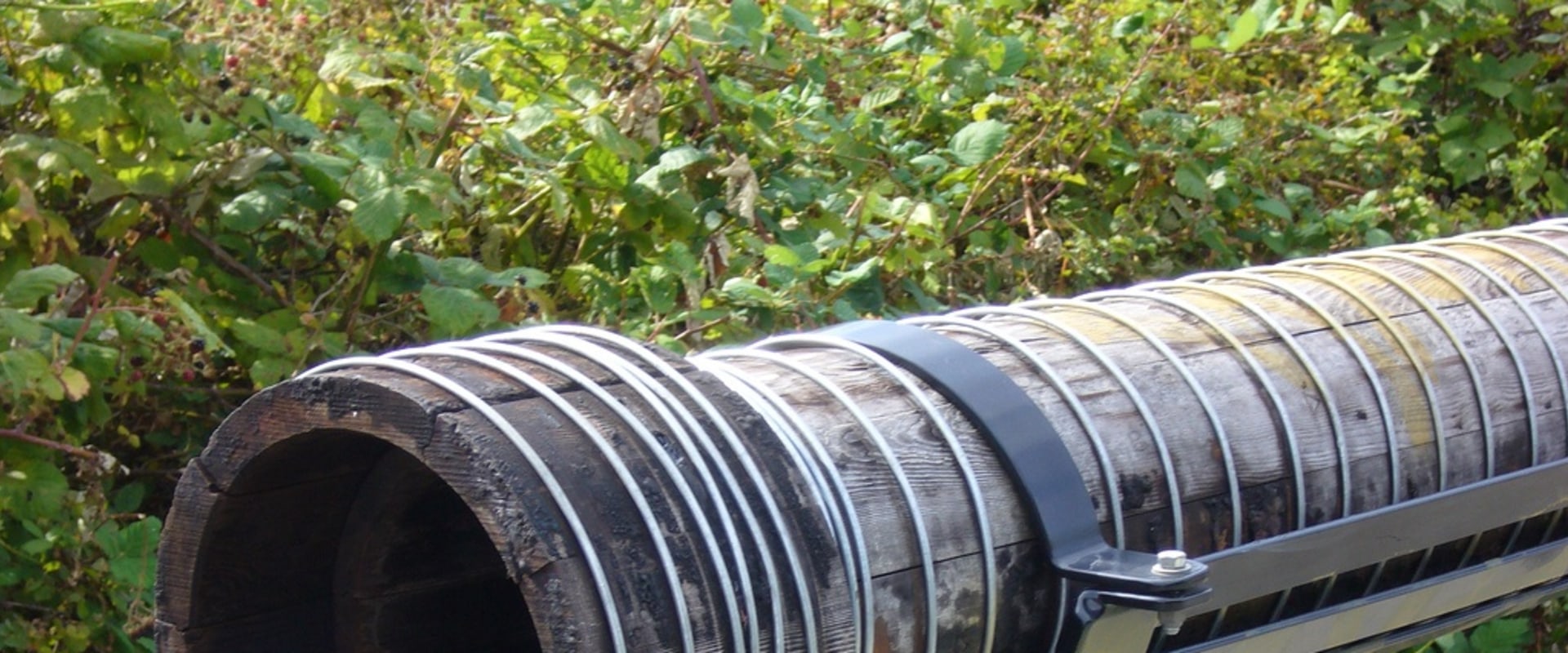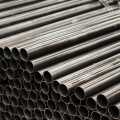Try running the water a little and then tap the pipe to see if the temperature changes. Gas pipe installation is often referred to as gas pipe plumbing and in fact, some traditional plumbers are licensed to operate gas pipelines. However, many traditional plumbers are not specifically licensed to perform pipeline work or boiler installation services, and you may need to have a fully licensed gas pipeline contractor. Before selecting a plumber or contractor to complete your gas piping project, you should consult with your local permitting authority to determine requirements and with your local contractor licensing board to confirm qualifications.
Water and gas require piping to supply residential homes and businesses. Gas supplies power to stoves, water heaters, ovens and other devices. The two most common types of steel pipes used to transport water and gas are black pipes and galvanized pipes. Confusion is common among homeowners, and even some professionals, as to where to use these steel pipes and under what circumstances.
If you already have copper lines for your LPG and you are going to convert to natural gas, you may need to change them because the size needed to move the same number of BTUs. Assuming the same pressure and pressure drop for copper tubing, natural gas will produce 40% less BTU than your existing propane distribution system, if you were to consult the gas size tables in the IFGC. That could be enough to require replacement and resizing for conversion to natural gas. Example 10 feet long x 2 inches in diameter.
Our kitchen pipes froze (they're -27° here right now). After running a small heater for 12 hours, the faucet is now working, but the drain is frozen. We used a small plunger to see if the water was moving. But what happened was that little black pieces of something appeared and the water in the sink turned black.
Could it be because the drain pipe is steel? Has anyone seen this before?. Gas piping systems rely on pressure to supply natural gas. Gas flows from higher to lower pressure. After extracting natural gas, it travels along a road-like piping system to end up in distribution systems that carry the gas to your home.
Do you know your pipes? Do you understand which ones carry fresh water, which ones carry sewage drainage and which ones carry natural gas? Jason Hawes, TV ghost hunter and Roto-Rooter plumber, explains how to recognize and understand the purpose of each type of pipe in your home. Gas lines and water lines sometimes look similar to each other and can be made of the same material, but gas lines travel from the main gas pipe to appliances that burn fuel, such as gas clothes dryers, gas water heaters, stoves, ovens, or fireplaces. Water pipes are the thin pipes that go through walls, under the floor, basement and attic. They carry water in and out.
Drain, drain and ventilation pipes are wider. Water pipes are hidden in walls, attics, access spaces, basements and under cabinets. They are pressurized and rarely need repair, at least until one leaks or becomes clogged and delivers only a small amount of water. When it comes to the installation of water pipes, there are many materials to choose from.
However, the same does not apply to natural gas. Black tubing is the preferred material for many plumbers, although galvanized pipes are also used. You may need to talk to your natural gas supplier and your local construction official about the specifications of natural gas delivered to your area. PVC gas pipes work well for outdoor underground gas lines because they are durable and resistant to corrosion.
An important advantage of a licensed gas piping contractor is to understand the proper ventilation methods for each type of gas appliance installed. So you can use them for transporting natural gas without zinc coming off and clogging gas regulators and burner units. Galvanized and black pipes can be mixed in natural gas transport, unless restricted by code. Natural gas or propane designed for domestic or commercial use is a safe, cost-effective upgrade, and a popular upgrade feature in Phoenix, AZ.
Gas pipes are a piping system in your home that is used to transport natural gas from the supply directly to the heating system. Gas goes from the distribution line, also known as a main line, to a house or other building on a service line, which the natural gas company is responsible for maintaining. Both the International Residential Code (IRC) and the Uniform Plumbing Code (UPC) do not prohibit the use of galvanized pipes for the transport of natural gas. The total cost of your gas pipe will depend on whether or not you have existing gas lines or if you need to install completely new lines.
. .




